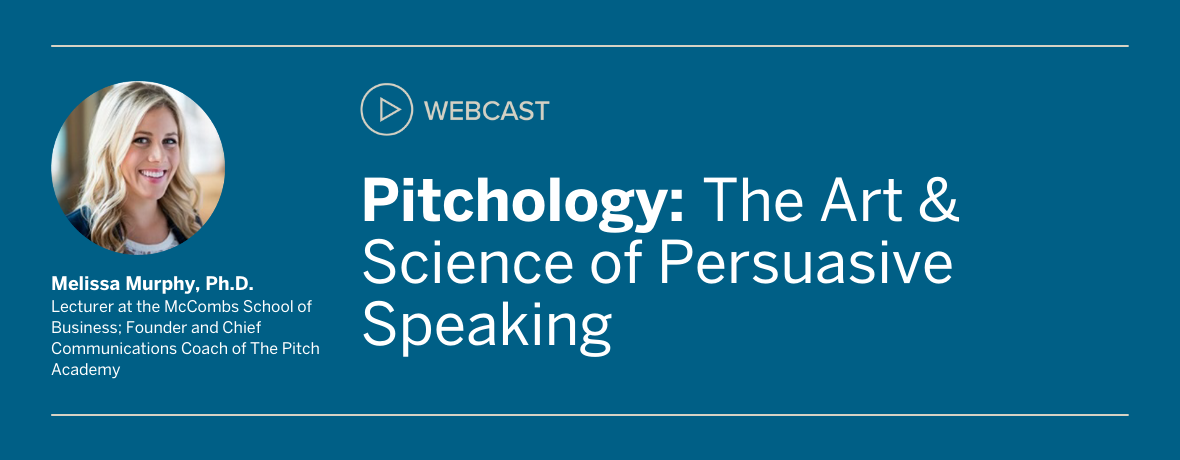Watch the Replay
The human intellect is extremely powerful and capable. But our minds have evolved with biases that work against good judgment and decision making. Anchoring. Recency bias. Hindsight bias. Cognitive psychologists have identified dozens of biases that can sabotage even our best decisions.
During this webcast, Dr. Markman discusses:
During this webcast, Dr. Markman discusses:
- The multiple dimensions of decision-making
- Identifying and understanding the 3 most common biases that result from cultural and emotional beliefs
- How to recognize these factors and improve your decision-making at work
Dr. Markman holds a B.S. in Cognitive Science from Brown University and a Ph.D. in Psychology from the University of Illinois. Dr. Markman's research has focused on several areas. First, he researches the way people see things to be similar, and how they process similarity and analogy comparisons. His study of similarity is valuable for its own sake, and also for what it can tell us about other psychological processes. In order to look at the way that our ability to make comparisons affects our cognitive processing, Dr. Markman does research on category learning and decision making. He is also interested in the way that motivational factors affect learning, decision-making, and cognition more generally.
Dr. Markman served as the founding director of the program in the Human Dimensions of Organizations from 2011-2018. This program aims to provide education in the humanities and the social and behavioral sciences to people in business, nonprofits, government, and the military. The aim is to teach leaders about how people, groups, and cultures influence the workplace. In addition to teaching courses for Executive Education, Dr. Markman is now executive director of the IC2 Institute – a think-and-do tank that focuses on innovation and entrepreneurship to explore rural and small city economic development in Texas, the US, and around the world.
Dr. Markman served as the founding director of the program in the Human Dimensions of Organizations from 2011-2018. This program aims to provide education in the humanities and the social and behavioral sciences to people in business, nonprofits, government, and the military. The aim is to teach leaders about how people, groups, and cultures influence the workplace. In addition to teaching courses for Executive Education, Dr. Markman is now executive director of the IC2 Institute – a think-and-do tank that focuses on innovation and entrepreneurship to explore rural and small city economic development in Texas, the US, and around the world.











